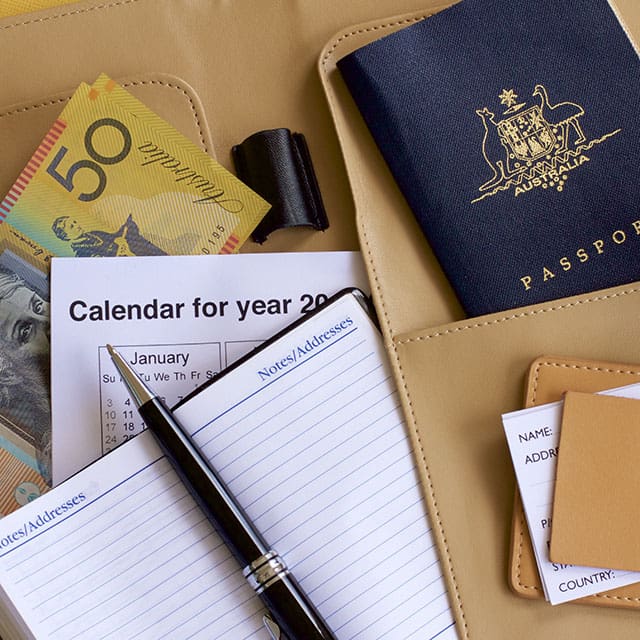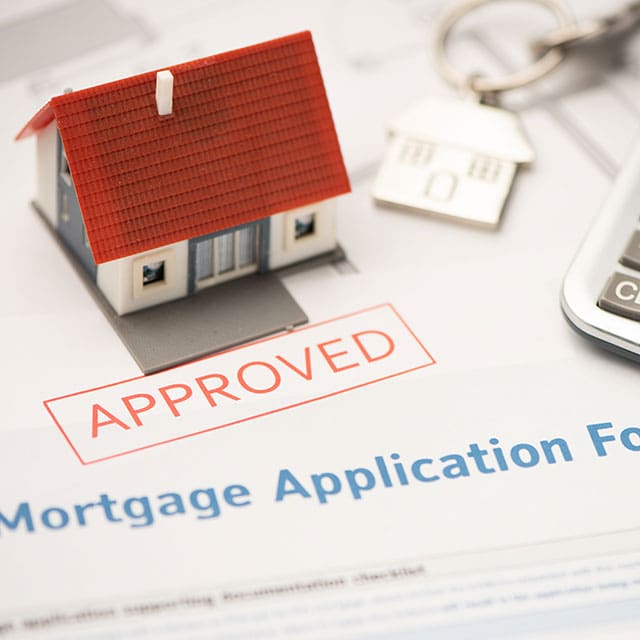Mortgage Documents & ID Verification.

Australian Mortgage Document Requirements.
When it comes to securing your investment or dream property in Australia, the journey involves several important steps, and one of them is signing your mortgage documents.
These documents include your loan contract which serve as a legal contract between you and your lender, reflecting the mortgage arrangement.
To ensure a smooth property purchase process we’ll shed some light on the crucial aspect of witnessing and signing your documents correctly.
The last thing you want is for your settlement to be delayed due to improper certification of documents signed and witnessed overseas.

Supporting documents to apply for a mortgage.


Drivers license: A valid drivers license to establish identity.


Proof of employment:
1. A letter from your employer stating your position, salary, and length of employment.
2. Three months of payslips to show your salary and any commissions or bonuses paid.
3. Three months of bank statements to demonstrate salary deposits and transaction history.




Verification of identity.
If you are an Australian expatriate you will need to visit an Australian consulate or a notary public to verify your identity.
If you are an Australian resident you will be required to verify your identity at the bank where you are apply for a loan or at an Australian Post office.

Once your loan is formally approved...





What documents will you need to sign?
These documents must be meticulously prepared and signed in accordance with relevant Australian and state legislation, depending on your property’s location. It is essential that you thoroughly read through each document, seek clarification if required and ensure you fully understand your liabilities and responsibilities before signing.
Loan contract.
This is the main document that outlines the terms and conditions of your home loan. Details will include the loan amount, interest rate, repayment schedule, fees and any special conditions.
Additional bank documents.
Including direct debit documents.
Mortgage documents.

Who can witness your mortgage documents?
The witnessing of mortgage documents is a critical step to ensure their legality. Generally, qualified witnesses include Australian lawyers, Notary Publics, or Consular officers, as approved under relevant laws. Their role goes beyond mere witnessing; they also verify your identity, adding an extra layer of security to the process.
Whether you’re signing your mortgage documents in Australia or overseas, witnessing requirements can vary. Here are the details:
Residing in Australia
In New South Wales, Victoria, Western Australia, South Australia, Tasmania and the Australian Capital Territory, anyone over 18 not party to the loan, or related, can witness.
In Queensland and the Northern Territory, you’ll need an Australian lawyer, Notary Public, or Consular officer.
Residing overseas
In New South Wales & Victoria, you’ll need an Australian lawyer, Notary Public, or Consular officer, and potentially anyone over 18 not party to the loan, or family member (depending on the lender).
In Queensland, South Australia, Tasmania, the Northern Territory and the Australian Capital Territory, you’ll require an Australian lawyer, Notary Public, or Consular officer.
In Western Australia, a Consular officer is the only qualified witness.

Correctly witnessing a signature and ID.
A qualified witness is tasked with ensuring your identity and the integrity of the document. This may involve:
- A face-to-face, in-person interview
- Verification of your identity from original ID documents
- Ensuring your likeness matches identification photos
- Addressing any discrepancies in identity documents
- Completing a witness certificate
For personalised guidance and expertise on your mortgage journey, get in touch with our Specialist Mortgage expert today.
Frequently Asked Questions.
A Notary Public is a distinguished public officer, often a practicing lawyer, vested with the authority to witness crucial documents, administer oaths, and perform various administrative duties. Appointed for life by State/Territory Supreme Courts, Notaries Public play a pivotal role in upholding the legal integrity of documents and transactions.
Notaries Public hold a vital role in ensuring the authenticity and legality of documents that impact various aspects of individuals’ lives and business operations. Their appointment by State and Territory Supreme Courts reflects their high level of expertise and commitment to upholding legal standards.
Notaries Public stand as trusted professionals, offering their expertise to safeguard your legal undertakings. You can find a Notary Public using each state or territory listing. DFAT maintains a database of signatures for Australian Notary Publics. In Australia, a Justice of the Peace (JP) can help you with some notarial services. JPs are independent and objective witnesses.
There is no issue with the number of signatures or persons a witness can verify if the witness is ‘qualified’ to be the witness.
Yes, you must sign your mortgage documents in the presence of your witness. You must wait until your witness is present before signing to ensure your document is valid.
Most banks and lenders will require the original documents. It is good practice to scan and email the signed copies to your broker before providing the originals to banking and lending institutions. Your broker will also be able to confirm you’ve signed all your mortgage documents correctly before submitting your original versions. This is to ensure you don’t submit incorrect paperwork and therefore delaying settlement or in some instances incurring a penalty.
Experts In Australian Finance, Located Worldwide.

Get a free mortgage assessment.
Let us know your situation and one of our brokers may be able to provide a better mortgage solution.

Book a free online consultation.
Book a time to chat through your options with one of our friendly mortgage brokers.

Find Your Local Office.
Discover which one of our global offices is best to have a face to face chat about your home loan objectives.
